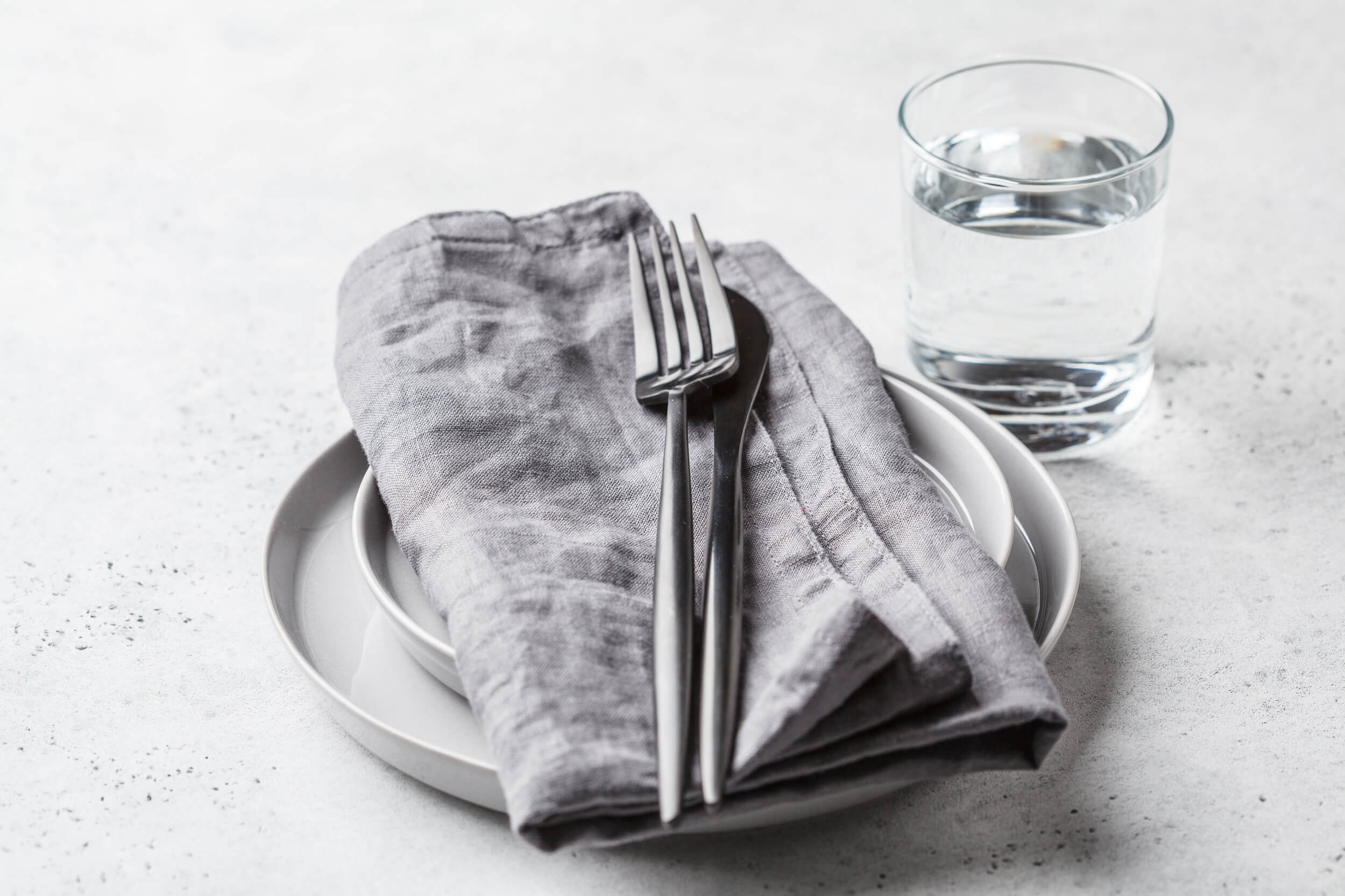What’s the last thing you touched—your phone, a doorknob, maybe a shopping cart? Germs are on all of them. They’re tiny, invisible, and live just about everywhere. Some are helpful, but others can cause colds, stomach bugs, and worse. So how do you stay safe from germs without making life complicated?
Think about the small things you do each day—grabbing your phone after sneezing, skipping soap because you’re in a rush, or eating without washing your hands. Could these simple habits be the reason you’re getting sick more often than you should?
The good news? Staying healthy doesn’t take extreme effort. A few easy habits can protect you more than you think—and they’re quicker to do than you might expect.
Understanding the Enemy: What You Should Know About Germs
Think germs are just something kids bring home from school? They’re a lot more common than that. Germs live on your hands, your phone, your kitchen sponge—just about everywhere. The main types are bacteria, viruses, fungi, and protozoa. Some are harmless, but others can lead to sickness.
Germs spread in simple ways—touching shared surfaces, breathing the same air as someone sick, or handling something dirty and then rubbing your eyes. Even a quick trip to the store can leave germs on your hands.
Certain germs can live on hard surfaces for hours, sometimes even days, depending on the material and the temperature. That’s why staying safe from germs means being aware of where they hide and how long they stick around. The less they hang on to you, the better.
20 Easy Habits That Help You Stay Safe From Germs
Staying safe from germs doesn’t have to be complicated—these simple everyday habits can make a big difference without adding stress to your routine.
1. Wash Your Hands the Right Way
A quick rinse isn’t enough. Use soap and scrub for at least 20 seconds, especially after using the bathroom, before eating, or after touching shared surfaces. This simple step is one of the best ways to stay safe from germs without doing anything extreme.
2. Use Hand Sanitizer When Soap Isn’t Nearby
When you’re out and can’t find a sink, hand sanitizer comes in handy. Make sure it has at least 70% alcohol to actually kill the germs. Keep a small bottle in your bag, car, or pocket just in case you’re on the go.
3. Avoid Touching Your Face
It’s a habit most people don’t notice, but touching your face—especially your eyes, nose, or mouth—can bring germs straight into your body. Try to be more aware of it. Clean hands or not, less contact with your face helps keep you safer every day.
4. Clean Your Phone Daily
Phones go everywhere with us—bathrooms, stores, restaurants—so they pick up a lot. Wipe yours down at least once a day with a cleaner that’s safe for electronics. It’s an easy way to stay safe from germs without changing your routine too much.
5. Disinfect High-Touch Surfaces Regularly
Think of things people touch all the time—light switches, doorknobs, remotes. These surfaces can hold germs for hours. Use disinfectant wipes or sprays a few times a week, or more if someone’s sick at home. A quick wipe can go a long way.
6. Don’t Share Personal Items
Items like razors, towels, water bottles, or makeup might seem harmless to share, but they can pass along germs fast. Stick to your own stuff whenever possible. It’s one of the easiest habits to build to stay safe from germs daily.
7. Cover Your Coughs and Sneezes
Use a tissue or your elbow, not your hands. This helps stop germs from spraying into the air or landing on nearby surfaces. It’s a small habit that protects not just you, but also everyone else around you.
8. Change Out Dish Sponges Often
Sponges can hold a surprising amount of bacteria. If they smell, they’re way past due. Replace them weekly or microwave a damp one for a minute to help kill germs. Keeping your sponge clean is a simple way to avoid spreading anything to your dishes.
9. Shower After Public Places
Gyms, buses, and crowded areas can leave germs on your skin, clothes, and hair. When you get home, hop in the shower to wash it all off. It’s especially helpful during cold and flu season or after long days out.
10. Use Your Own Pen in Public
Shared pens at banks, stores, or doctor’s offices are touched by dozens of people. Carrying your own pen is a small thing, but it keeps your hands cleaner. Little swaps like this add up and help keep you safe from germs in busy places.
11. Let Fresh Air In
Stale indoor air can hold onto germs longer than you think. Cracking open a window or turning on a fan helps keep the air moving and cleaner. It’s a simple step, especially helpful when someone in the house isn’t feeling well or during colder months when windows stay closed.
12. Handle Raw Meat Safely
Raw chicken, beef, or seafood can carry germs that make you sick. Use different cutting boards for meat and veggies, and wash your hands right after handling. Cooking meat to the right temperature also kills what soap can’t. Being careful in the kitchen keeps your food—and you—safe from germs.
13. Avoid Handshakes When Possible
Greeting someone with a wave, nod, or even a fist bump can lower your chances of picking up germs from their hands. It might feel a bit different at first, but more people are making the switch. It’s a small change that adds a layer of everyday protection.
14. Sanitize Grocery Cart Handles
Before you grab that cart, give the handle a wipe. Many stores offer sanitizer wipes near the entrance, or you can bring your own. Think of how many hands touch that handle daily. This quick habit is one of the easiest ways to help stay safe from germs while shopping.
15. Keep Your Nails Short and Clean
Dirt and germs love to hide under long fingernails. Keeping your nails trimmed and scrubbing under them when washing your hands helps stop germs from sticking around. It’s a small grooming habit that’s worth doing, especially if you cook, care for others, or touch your face often.
16. Wash Reusable Bags
Those cloth grocery bags you carry each week? They can collect germs from food packaging, car floors, and shopping carts. Toss them in the wash regularly, especially after carrying raw meat or dairy. Clean bags keep your groceries—and your kitchen—safer.
17. Don’t Eat Food That’s Been Out Too Long
When food sits out too long, bacteria start to grow—especially at room temperature. As a rule, toss anything that’s been out for over two hours. In warmer weather, be even more cautious. This habit helps prevent foodborne illness and keeps your meals safe from germs that grow silently.
18. Avoid Touchscreens in Public (or Use a Stylus)
Touchscreens at checkouts, ATMs, or kiosks can be full of germs from hundreds of people. When you can, use a stylus or the corner of a card instead of your finger. If you do touch a screen, wash or sanitize your hands soon after.
19. Practice Safe Toothbrush Storage
Toothbrushes can collect bacteria if left lying on the sink or too close to the toilet. Keep yours upright in a holder, away from other brushes, and let it air dry. Replace it every few months. A clean toothbrush is a simple but smart step to staying safe from germs.
20. Stay Home When You’re Sick
It’s hard to rest when life is busy, but staying home when you’re not feeling well protects others and helps you recover faster. Going out too soon spreads germs and puts everyone at risk. Resting isn’t lazy—it’s one of the kindest things you can do for your body and others.
Smart Everyday Products That Help Fight Germs
Some products can make it easier to keep germs away without much effort. Disinfectant wipes are great for quick cleanups, while hand sanitizers with at least 70% alcohol work well when soap isn’t around. Air purifiers can help clean indoor air, and UV sanitizers are useful for phones or small items. Choose trusted brands and read labels for effectiveness.
Final Thoughts on Staying Safe From Germs Every Day
Germs are part of life and can’t be avoided completely, but that doesn’t mean you’re powerless. Simple habits—like washing your hands, cleaning shared surfaces, and avoiding face-touching—can really help. You don’t need to stress or be perfect, just stay consistent with small actions. These 20 habits are quick, practical, and easy to fit into your day. When you make them part of your routine, staying safe from germs becomes second nature. You’ll feel better knowing you’re doing your part to protect yourself and others. A little effort each day adds up to a lot of long-term health.















